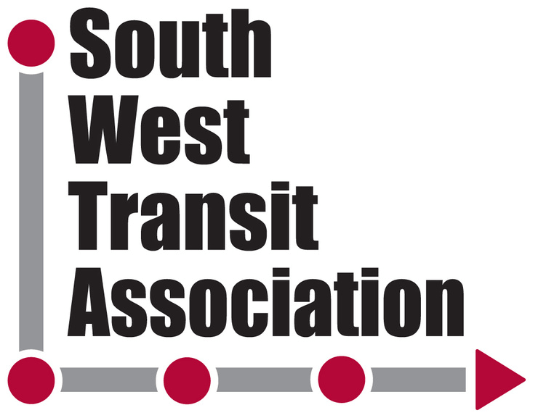Getting Students, Teachers, and Employees to Campus

Background
UCLA is an established university with campuses and locations around the Los Angeles area. Students, faculty, and on-campus employees face challenging commutes with clogged freeways, limited or expensive parking options, or transit schedules that weren’t compatible with theirs. Some students and teachers found themselves at different campuses throughout their day which further complicated their transportation planning.

Vanpooling offered students, faculty, and employees a flexible transportation option that’s built around their schedule and demands. Vanpooling lets five to fifteen riders share their commute to the campus, between locations, and back home – saving them money on fuel and parking while skipping the headache of driving themselves and reducing their CO2 output. UCLA’s vanpool program has grown since its inception in 1984 and has over 150 vans.
MagicBus helped UCLA streamline their vanpool program while also generating more interest and more revenue by adding new riders to existing pools and selling empty seats to public commuters. The MagicBus platform made it easy for riders to find and book a ride while helping drivers and coordinators track ridership and handle payment directly through our rider-friendly app.
So how did MagicBus do it?
| Before MagicBus | Riding with MagicBus |
|---|---|
| Riders had to visit the UCLA transportation office to get vanpool transit vouchers | Riders add their payment info and automatically pay in the app when they ride |
| Riders call drivers directly to ask about open seats | Riders can find all available routes with seats and immediately book a ride in the app |
| Drivers manually take attendance when riders get on and off the van | Drivers confirm attendance in the app at each stop |
| Administrators manually reported monthly ridership | MagicBus platform reports in real time with rider, driver, and vehicle metrics |
The MagicBus platform enabled riders, drivers, coordinators, and administrators to request, coordinate, and provide vanpool services through the app. Switching from manual paper reporting to automatically-generated reports saved time and increased accuracy of reporting as well as unlocked new metrics and dimensions to measure and optimize the vanpool network. The vanpooling app is mobile-friendly and runs in the browser so users don’t need to install anything extra to get started.
Results
UCLA saw system-wide improvements in their vanpool program after partnering with MagicBus. In addition to improving the riding and driving experience, the MagicBus dynamic vanpooling platform generated more than $2,000 for each vehicle per year and added 36 new vanpool routes. MagicBus also helped increase seat utilization by 28% across all pools.
$2,000+ Revenue per Van
Additional yearly revenue generated from selling excess seat inventory
36 New Vanpool Routes
New routes were added based on rider demand and suggestions for improved service
28% Increase in Utilization
More riders were able to find and book seats resulting in increased ridership across the program
UCLA’s vanpool program continues to provide immeasurable benefits to the various participants and their communities. Vanpooling helps reduce single occupancy vehicle trips which can help reduce traffic, noise, and carbon dioxide emissions. Electric vanpool vehicles provided additional CO2 reduction when replacing internal combustion engine equivalents.
The MagicBus vanpool management platform provides flexibility and accessibility for organizations, companies, and transit agencies to provide vanpool transportation that works for riders and drivers. We make it easy for riders and drivers to get started quickly. Organizations can configure their vanpool program based on their needs and ridership demands. Our platform can grow as you launch vanpool transportation and continue to optimize service.
Schedule a demo to learn more about MagicBus and how we can launch and improve your vanpool program. Our platform makes managing users, riders, and your organization easy with customized branding, crowdsourcing, dynamic scheduling, and reporting.



